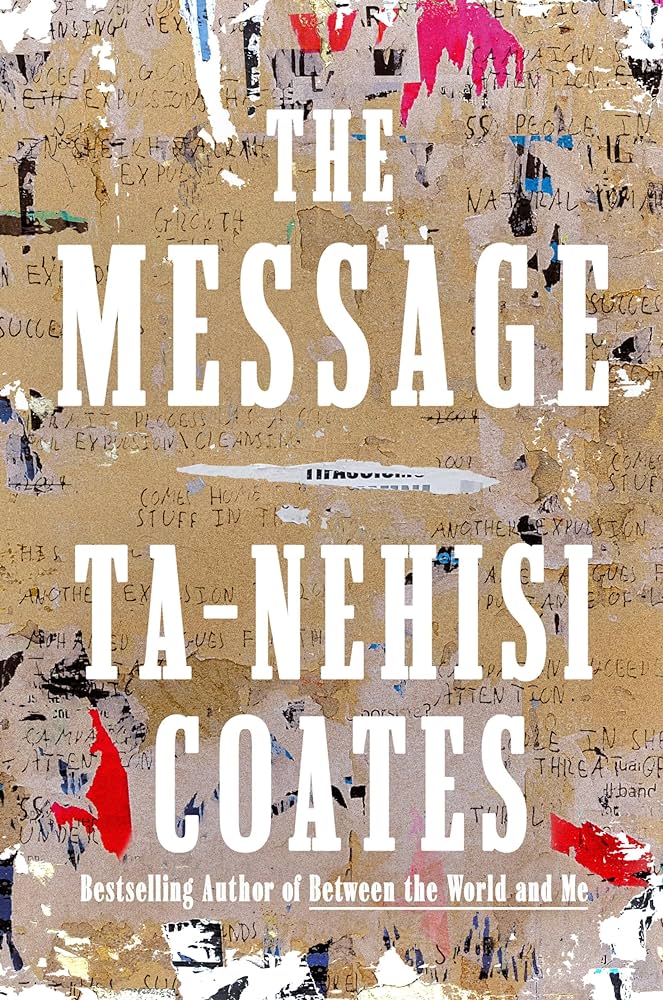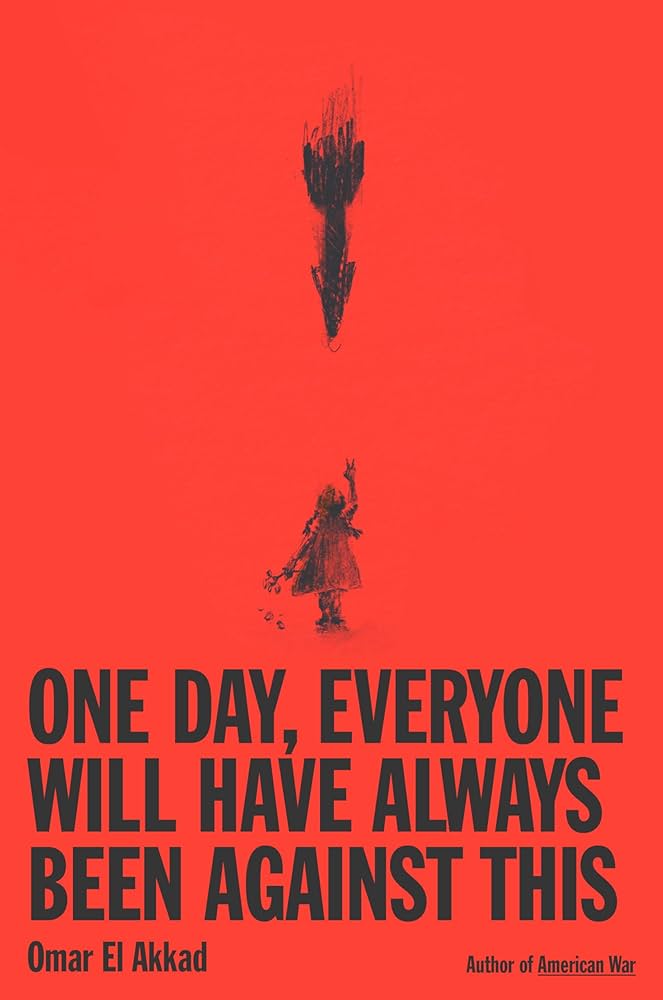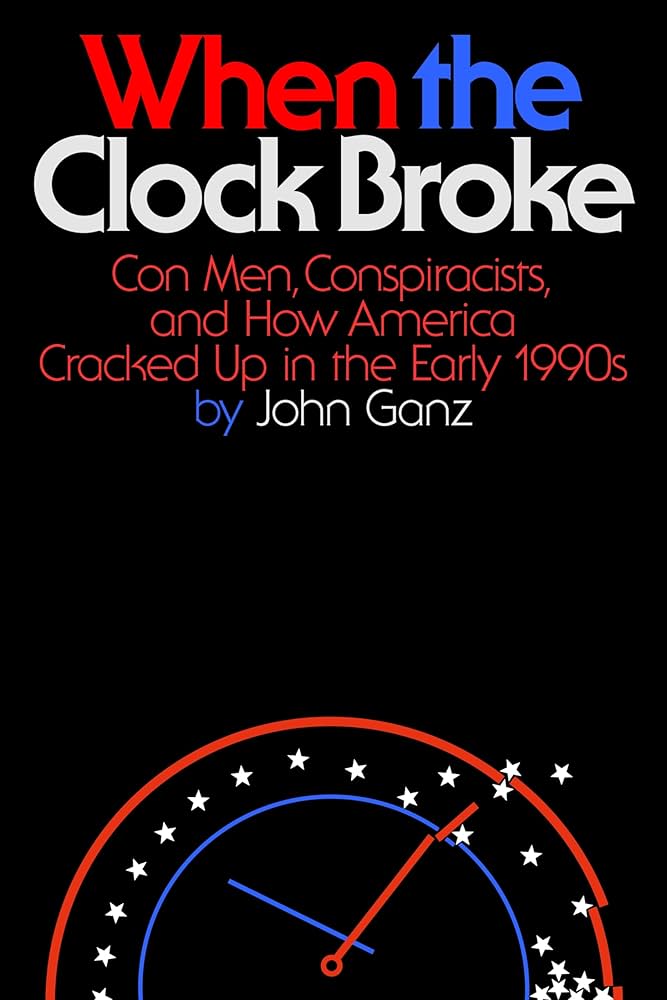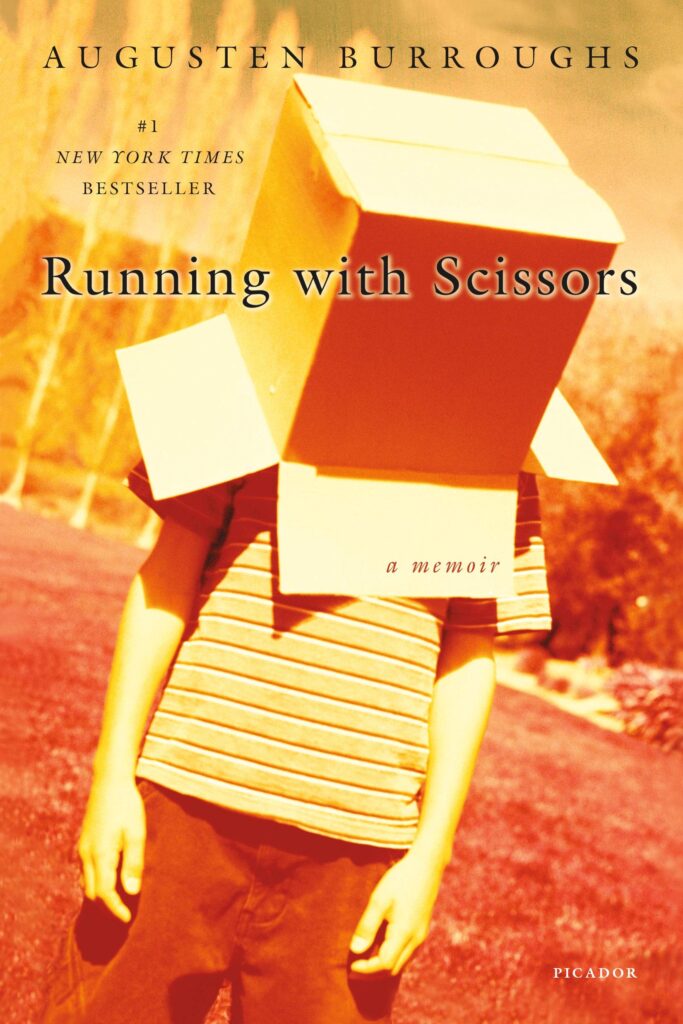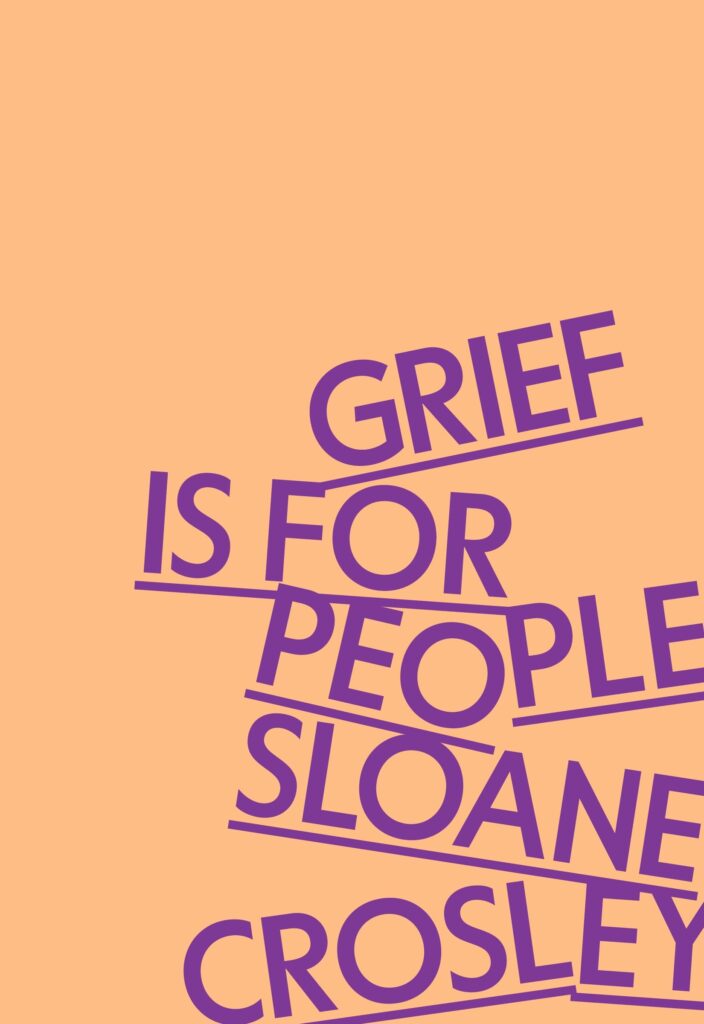I think most people are going to begin reading The Message with a version of what their final opinion will be. Ta-Nahisi Coates is a high-profile, provocative and divisive character in American politics, and The Message hits a very delicate subject with the subtlety of a schoolbus, and the lasting impact of a mosquito bite.
Coates has a way of stepping back from an issue to provide an uncommon perspective. His writing for The Atlantic and his prior books — primarily Between the World and Me, which made him a household name — have been heavily influential in my own thinking about American history and sociology. He’s incredibly quick on his feet, and his directness makes him a compelling interview subject. For all that I’d read leading up to the book itself, I was surprised at how unprovocative the book really is.
The Message is split into three parts. Each part is built around a journey for Coates — first, to Dakar in Senegal, then to North Carolina where Between the World and Me was (is) in danger of being banned from a high school curriculum, and third, to Jerusalem and other spots in Israel and Palestine. The third part is what’s generating the controversy and moving units. Coates draws parallels between Israel’s occupation of Palestine and South African apartheid and American slavery.
I didn’t find it nearly as compelling as Between the World and Me, though that’s almost an impossible task. The Message felt more in line with We Were Eight Years in Power, a collection of pieces he wrote over the Obama presidency. The three pieces in here feel like expanded Atlantic articles pulled together into a travelogue, loosely united by the idea of slavery.
I found myself skipping paragraphs toward the end of The Message. Not because of the subject matter, but because it felt incomplete. Perhaps it was rushed to press in the wake of the October 7 atrocity. As Parul Sehgal writes in her review of the book for the New Yorker (archive link)
The description of Coates’s time in Palestine contains nothing that feels new to those sympathetic to his perspective, and nothing that would meaningfully challenge those who disagree, in part because he does not entertain any objections.
That whole New Yorker piece is worth reading, maybe moreso than the book itself. I think taking issue with Coates’ engagement and process is useful here, and while I generally appreciate Coates’ reasoning and writing style, this felt surprisingly lightweight.

